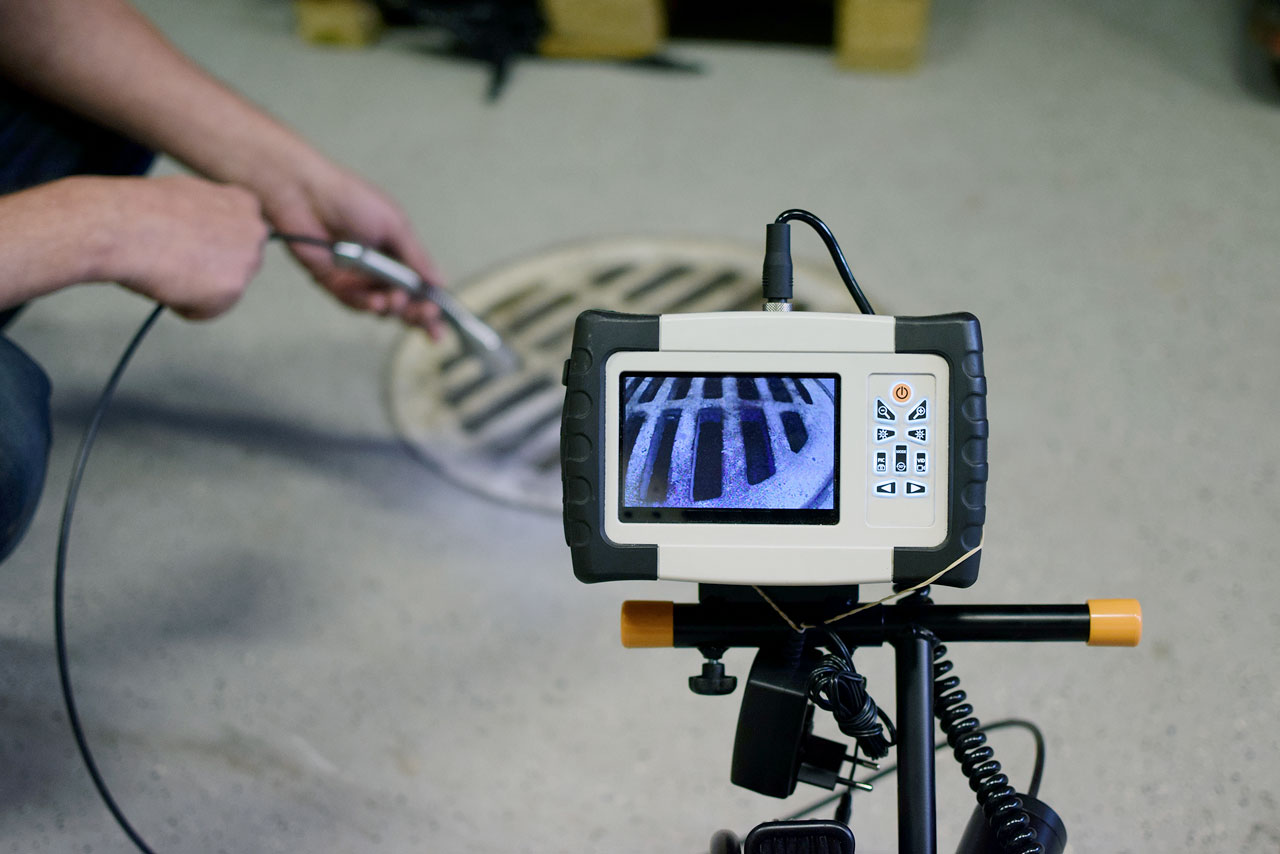
Plumbing inspections are essential for maintaining the functionality and safety of a building’s plumbing system. Whether you’re a homeowner, a landlord, or a business owner, regular plumbing inspections can help identify and address issues before they become major problems. Here are some key aspects of plumbing inspections:
- Frequency: The frequency of plumbing inspections can vary depending on the type of property and its age. For residential properties, it’s a good idea to have a plumbing inspection every one to two years. Commercial properties may require more frequent inspections.
- Professional Inspection: Hiring a licensed and experienced plumber or plumbing inspector is crucial. They have the knowledge and tools to conduct a thorough assessment of your plumbing system.
- Components Checked: During a plumbing inspection, various components of the plumbing system are checked, including:
- Pipes: Inspectors check for leaks, corrosion, and damage to both water supply and drainage pipes.
- Fixtures: Faucets, sinks, toilets, and showers are inspected for leaks, proper functioning, and water pressure.
- Water Heaters: Gas or electric water heaters are examined for leaks, rust, and efficiency.
- Drains: Inspectors ensure that drains are clear of obstructions and flowing properly.
- Sewer Lines: The main sewer line is inspected for clogs, blockages, or damage.
- Valves and Shut-Offs: Valves are checked to ensure they work correctly and can be shut off in case of emergencies.
- Water Pressure Test: Inspectors often conduct a water pressure test to check if the pressure is within the recommended range. High or low water pressure can indicate issues in the system.
- Checking for Leaks: One of the primary objectives of a plumbing inspection is to identify and address any leaks, which can lead to water damage, mold growth, and increased water bills.
- Code Compliance: Inspectors ensure that the plumbing system adheres to local building codes and regulations. This is important for safety and legal reasons.
- Maintenance Recommendations: After the inspection, the plumber or inspector may provide recommendations for necessary repairs or maintenance. This may include fixing leaks, replacing old pipes, or upgrading fixtures for better water efficiency.
- Documentation: A detailed report of the inspection findings is typically provided, which can be useful for record-keeping, insurance purposes, or when selling a property.
- Emergency Preparedness: Plumbing inspectors may also assess the readiness of your plumbing system for emergencies, such as ensuring that shut-off valves are easily accessible.
- Costs: The cost of a plumbing inspection can vary based on the complexity of the system and the location. However, it is often a worthwhile investment to prevent costly plumbing emergencies.
Regular plumbing inspections help prevent water damage, improve water efficiency, and ensure the safety and functionality of your plumbing system. If you’re unsure about the state of your plumbing or suspect issues, it’s a good idea to schedule an inspection with a qualified professional.
Premier Plumbing Services
- Drain Cleaning
- Emergency Plumbing
- Fixture Installation
- Sump Pump
- Water Heater
- Plumbing Inspections
- Commercial Plumbing